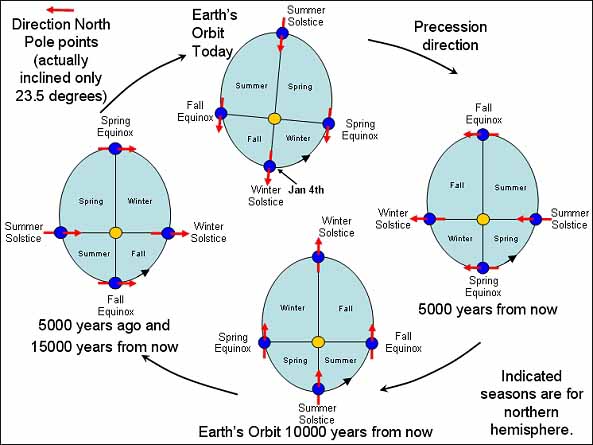Why we can trust the surface temperature record
Posted on 28 August 2010 by John Russell
Surveys of weather stations in the USA have indicated that some of them are not sited as well as they could be. This calls into question the quality of their readings.
However, when processing their data, the organisations which collect the readings take into account any local heating or cooling effects, such as might be caused by a weather station being located near buildings or large areas of tarmac. This is done, for instance, by weighting (adjusting) readings after comparing them against those from more rural weather stations nearby.
More importantly, for the purpose of establishing a temperature trend, the relative level of single readings is less important than whether the pattern of all readings from all stations taken together is increasing, decreasing or staying the same from year to year. Furthermore, since this question was first raised, research has established that any error that can be attributed to poor siting of weather stations is not enough to produce a significant variation in the overall warming trend being observed.
It's also vital to realise that warnings of a warming trend -- and hence Climate Change -- are not based simply on ground level temperature records. Other completely independent temperature data compiled from weather balloons, satellite measurements, and from sea and ocean temperature records, also tell a remarkably similar warming story.
Confidence in climate science depends on the correlation of many sets of these data from many different sources in order to produce conclusive evidence of a global trend.
This post is the Basic version (written by John Russell) of the skeptic argument "Surface temperature record is unreliable". We're currently writing plain English versions of all the skeptic rebuttals. If you're interested in helping with this effort, please contact me.































 Arguments
Arguments
























 0
0  0
0
 This figure illustrates the effects of axial precession on the seasons, relative to perihelion and aphelion. The precession of the equinoxes can cause periodic climate change because the hemisphere that experiences summer at perihelion and winter at aphelion (as the southern hemisphere does presently) is in principle prone to more severe seasons than the opposite hemisphere.
This figure illustrates the effects of axial precession on the seasons, relative to perihelion and aphelion. The precession of the equinoxes can cause periodic climate change because the hemisphere that experiences summer at perihelion and winter at aphelion (as the southern hemisphere does presently) is in principle prone to more severe seasons than the opposite hemisphere.







Comments